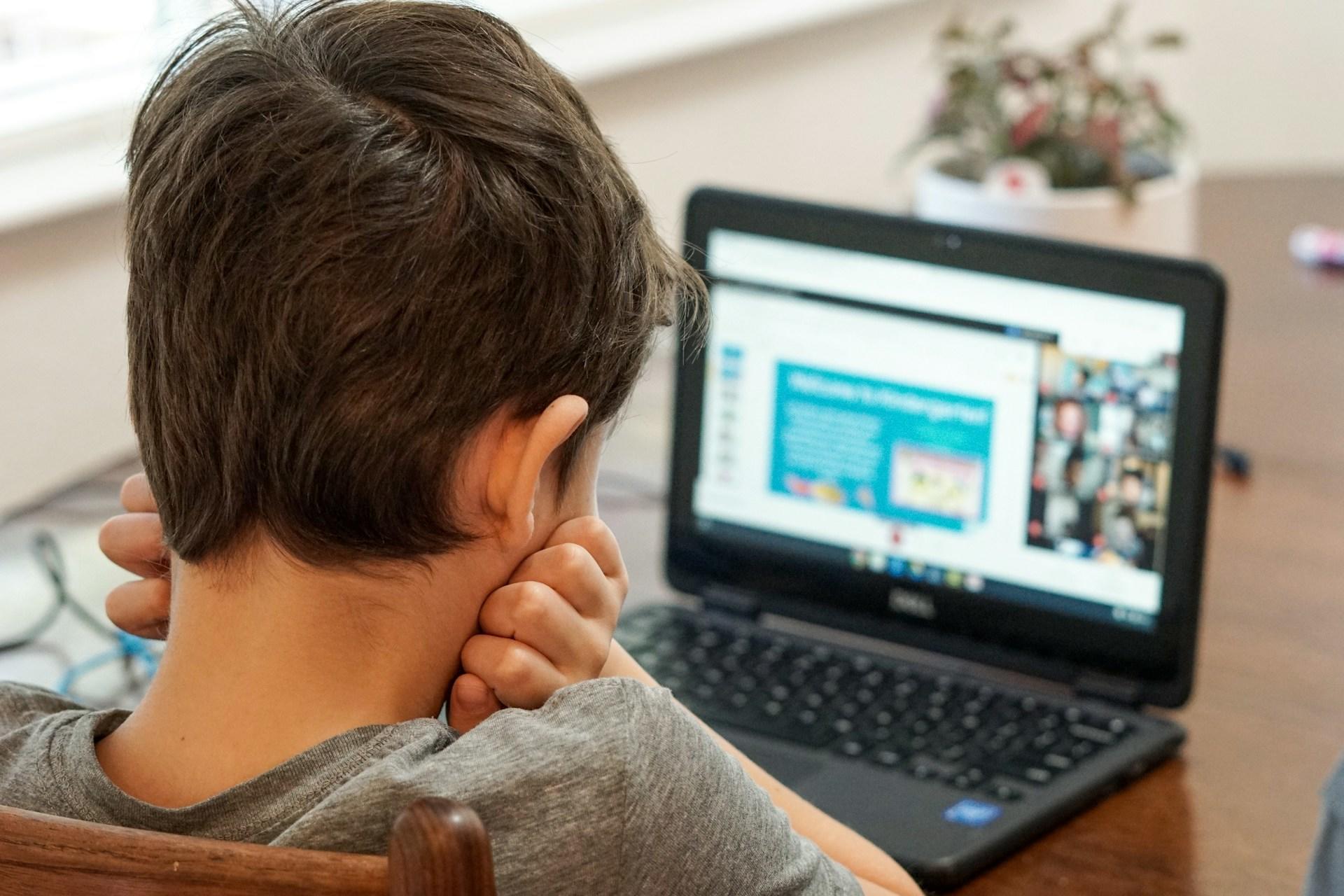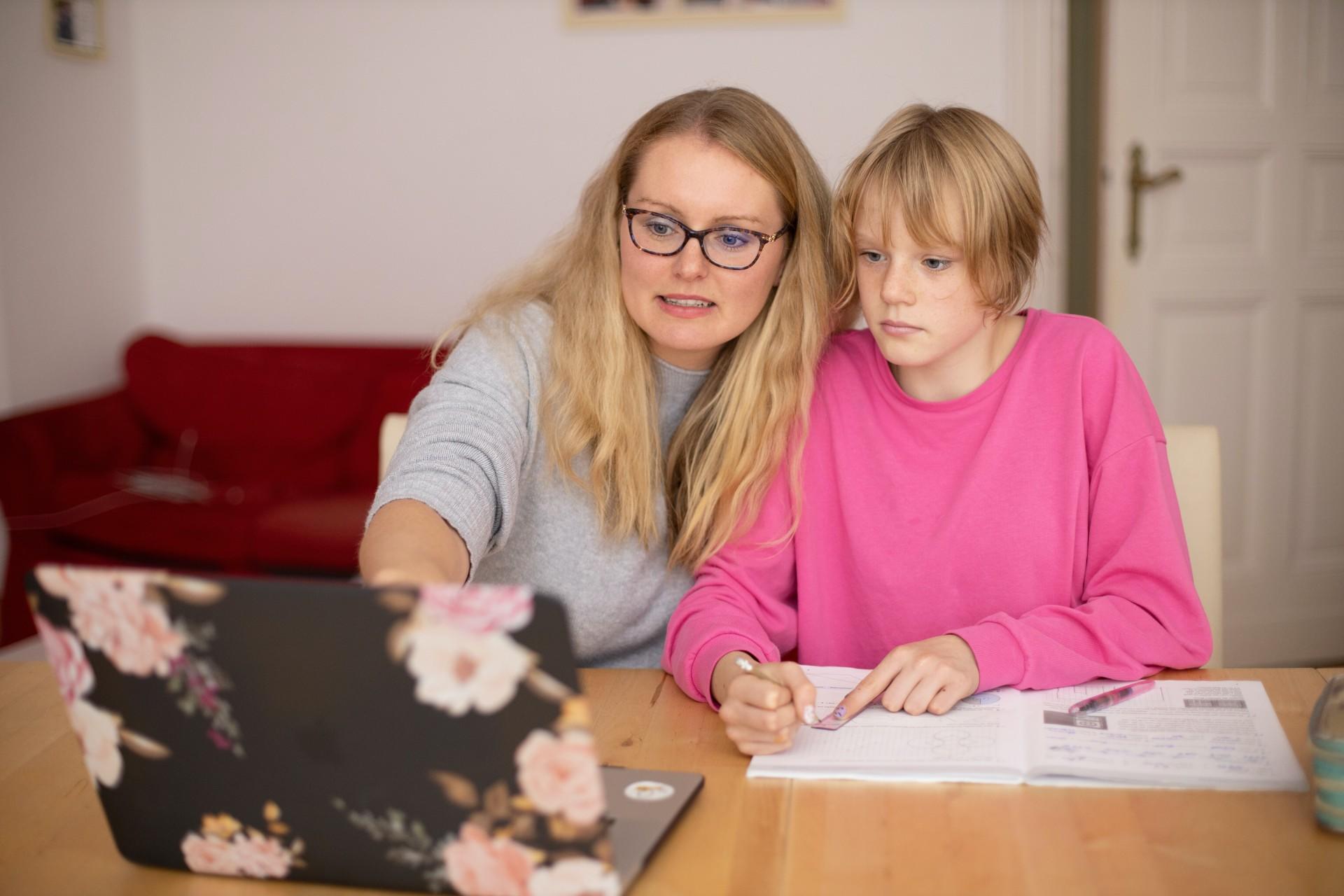Have you considered home education or homeschooling?
There are a lot of things to consider and there are both advantages and disadvantages to homeschooling. Fortunately, both are well-documented and while education is obligatory until a certain age in New Zealand, there are options for educating your child at home if this is something you'd be interested in pursuing.
In this guide, we'll be looking at the advantages of homeschooling, the skills you'll need to do it, how you can get started, a what a typical day is like for homeschooled children.

The Advantages of Homeschooling Your Child
Homeschooling is generally known as home education in official government documentation, but no matter what you call it, it was thrust upon most parents during the pandemic.
Much like working from home, homeschooling was something that many had never considered but now it's something that isn't just possible, but a preferable option.

Home education was legal in New Zealand before the pandemic, but why did some parents choose to do it and what are the advantages?
- Improved Relationships. For the parents that choose to homeschool their children, they will naturally spend more time together than those who go to school every day. While in many ways, parents are already their children's teachers, homeschooling makes it official and there's a different kind of bond for children that were both raised and formally educated by their parents.
- Increased Control over Your Child's Education. By homeschooling your children, you'll immediately know whether or not your child is falling behind or ahead of their peers. While this can be harder to gauge when they're the only child in the class, you'll be the first person to know what they struggle with and can immediately act to rectify any issues that they encounter.
- Educate Them on a Schedule that Works for Them. Routine is good, especially when it comes to learning, but the routines and schedules in schools aren't specifically adapted to your child. With homeschooling, you can create a schedule that works better for your child, especially if they have extracurricular activities that would usually interfere with their schooling.
- You Can Move Around. If you have a job that takes you all over the place or tend to travel a lot, your child's schooling won't be as negatively affected since you can still educate them and you won't have to worry about changing schools if you do move.
- Your Child Doesn't Have to Worry About Other Students. While meeting other students is a big part of going to school, your child won't have to compete with other students, worry about bullying, or any of the other downsides to sharing a classroom with others.
The Skills Needed for Homeschooling
While you know some of the reasons why you'd consider homeschooling your children, you also need to know how to homeschool your children.
Some parents are understandably worried about their ability to homeschool their children. Parents who left school early without formal qualifications may be particularly worried.

Parents who homeschool their children have the freedom to employ different teaching approaches and while teaching experience would certainly help, it's not necessarily compulsory.
- Homeschooling in New Zealand doesn't require parents to follow the national curriculum. It is provided for parents who want to use it, but there's no obligation to use it.
- Parents who homeschool their children can find plenty of online resources to help them.
- Parents can use many different learning approaches that most children wouldn't normally experience in everyday schooling.
Parents of homeschooled children will need to:
- Study topics that they're unfamiliar with.
- Research different teaching approaches to homeschool their children effectively.
- Be patient and alert.
- Adapt to different situations.
- Plan and organise lessons and courses.
How to Start Homeschooling Your Children
When done right, homeschooling can be as effective or more effective than regular education.
It can be particularly useful for children who are the victims of bullying or have special educational needs that aren't being met by their local schools.

Here's some of our advice for homeschooling children and how you can get started.
- Apply to homeschool your child. Parents are required to apply to homeschool their child by sending an application and supporting documents to the local Ministry of Education office. This application and be accepted or rejected.
- You'll receive a Certificate of Exemption when the local authorities are happy that you'll be teaching your child as regularly and as well as in a registered school.
- Financial support is available for parents. The home education supervision allowance is between $385 and $769 (as of January 2023) depending on how many children you'll be homeschooling, with the largest amount for the first child and reducing amounts for every subsequent child.
What is a Typical Day of Homeschooling Like?
With homeschooling, there's never really a typical day because of all the freedoms parents are allowed in terms of how they teach their children. The best way to homeschool a child is through the approaches that work best for them, which means you may regularly be changing your teaching.
If your child responds well to a routine, then you'll likely develop a typical day of teaching, but sometimes, fresh approaches can mix things up and make a lesson more effective. Regularly monitor how your child responds to different teaching approaches to ensure you're always teaching them as effectively as you can.

There are quite a few reasons why a family might decide to homeschool their child:
- Travelling the world.
- Working part-time.
- One parent has decided to be in charge of their children’s education.
- Both parents are homeschooling their children.
- One/both parents are working from home, self-employed, or have a schedule that allows for homeschooling.
While homeschooling allows for much more freedom in terms of scheduling, it can still help to have a schedule, even if this sometimes changes when learning opportunities arise.
Homeschooled children don't need to necessarily learn at home, either. There are always opportunities for educational trips with their parents to museums or areas of natural beauty. This is just one of the advantages of homeschooling your children, but you'll likely discover more the longer you do it.
As part of the application to homeschool your children, you'll be required to justify your homeschooling approach, curriculum, etc. including the resources you intend to use while homeschooling your child, their educational goals, and how you intend to measure said approaches.
Your child doesn't necessarily need to be homeschooled by you, either. There's no reason you can't fully homeschool a child with one or several private tutors. After all, there may be certain subjects that you don't feel qualified to teach or you might just prefer to defer your child's education to a professional educator, but not the ones in your local schools.
There are lots of private tutors on the Superprof website. You can search for almost any subject or skill and find tutors across New Zealand and around the world.
A tutor could act as a teacher for your child during their homeschooling or just as an educational consultant to help you plan your child's lesson and curriculum.
You could even hire a tutor as a teaching assistant or work alongside them as a teaching assistant. You have lots of options for unique and engaging ways to integrate private tutoring into your child's education.
There are three main types of tutoring available from the tutors on the Superprof site: face-to-face tutoring, online tutoring, and group tutoring. There are advantages and disadvantages to each so think carefully which will work best for your child's education.
Face-to-face tutors will work one-on-one with your child and offer a lot of the same benefits you can offer by homeschooling them. Every minute of every session is spent focusing on them and unlike the classes they'd receive at a state school, you can guarantee that the teaching approaches can be adapted to them.
Not every family is lucky enough to live near the right tutor, but online tutoring offers a convenient solution, especially for families who are homeschooling their children because they're travelling. With online tutoring, your child can always attend their lessons, no matter where they are. All you need is a decent internet connection and a device fitted with a webcam and/or microphone.
Group tutoring is one of the more affordable options, especially for families with several children or groups of homeschooled children. While this might make their lessons more like the ones they'd get in a state school, the parents will still have more control over the content of their lessons and what they're being taught. This is a good way to make homeschooling your child with a tutor more affordable.
With many tutors offering the first lesson for free, there's no harm in trying a few out before deciding on the one that's right for your child.
Summarise with AI:























